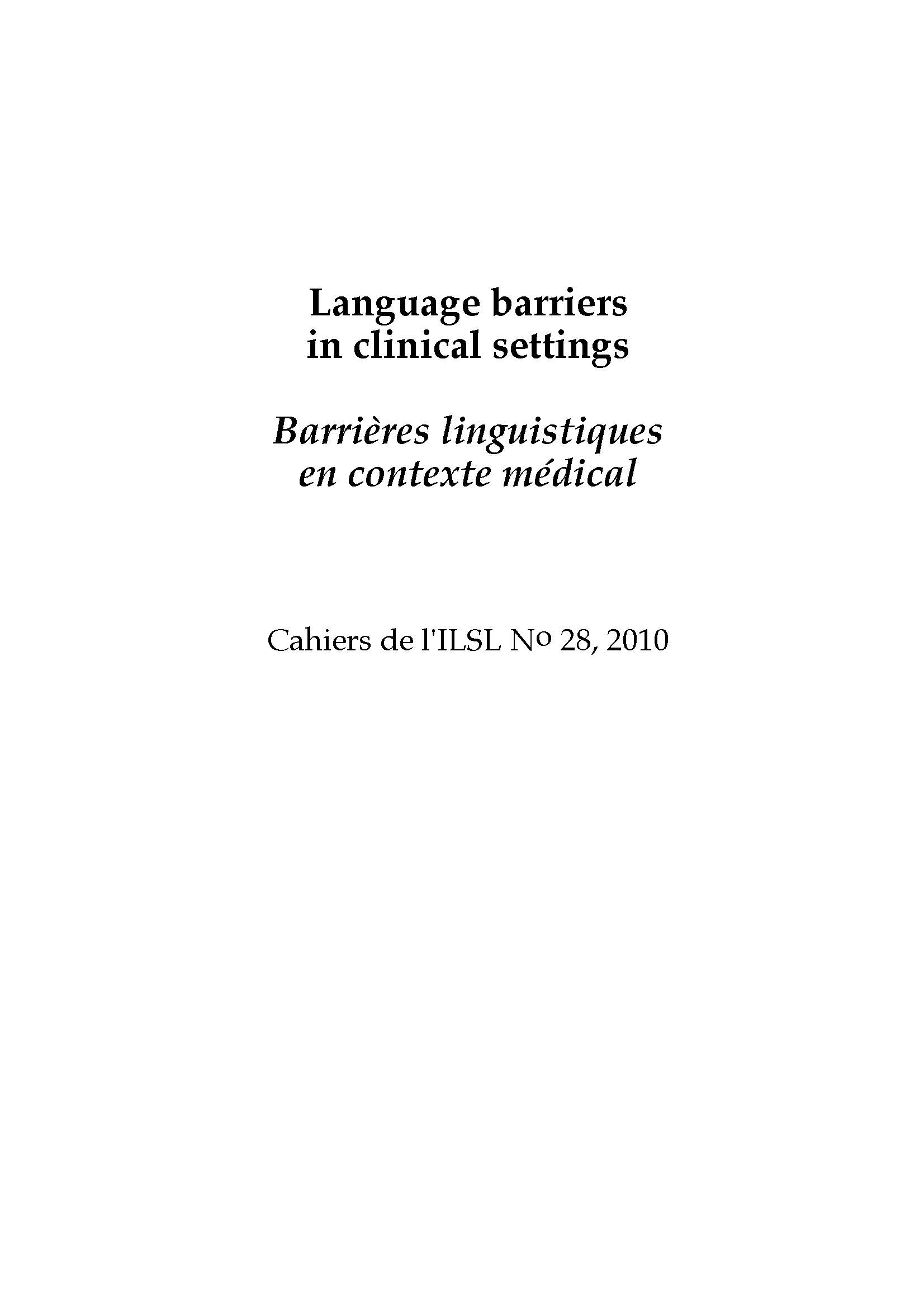Résumé
IN MENTAL HEALTH CARE, at least in the Netherlands, there is a general hesitation to start psychotherapy with foreign patients, especially when asylum seekers, refugees and other migrants from nonwestern countries are concerned. Language barriers are usually mentioned to rationalise this reluctance. The evidence that interpreters can help carrying out psychotherapeutic treatment is not widely known and even less acted upon. This is a problem, as in this way a large group of patients who do not speak Dutch on a sufficient level, cannot profit from a treatment that may have been useful to them (Rohlof, 2006).
I first go into the question that precedes the involvement of interpreters: shouldn’t patients speak the lingua franca and is psychotherapy a useful thing to offer to patients who are apparently inadequately integrated in society? After that, I say something about the type of interpreters I’m working with in the Netherlands and who this paper is about. I than continue describing the practice of interpreting in therapeutic dialogue and its specific challenges. I conclude with describing how therapists and interpreters can adapt their strategies in order to optimise the therapeutic character of the dialogue.

Cette œuvre est sous licence Creative Commons Attribution 4.0 International.
